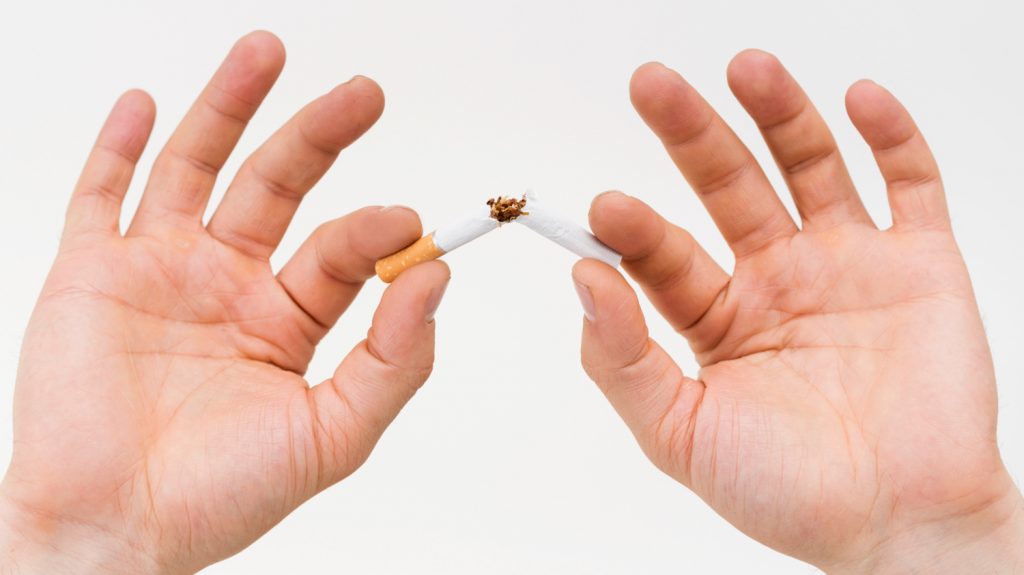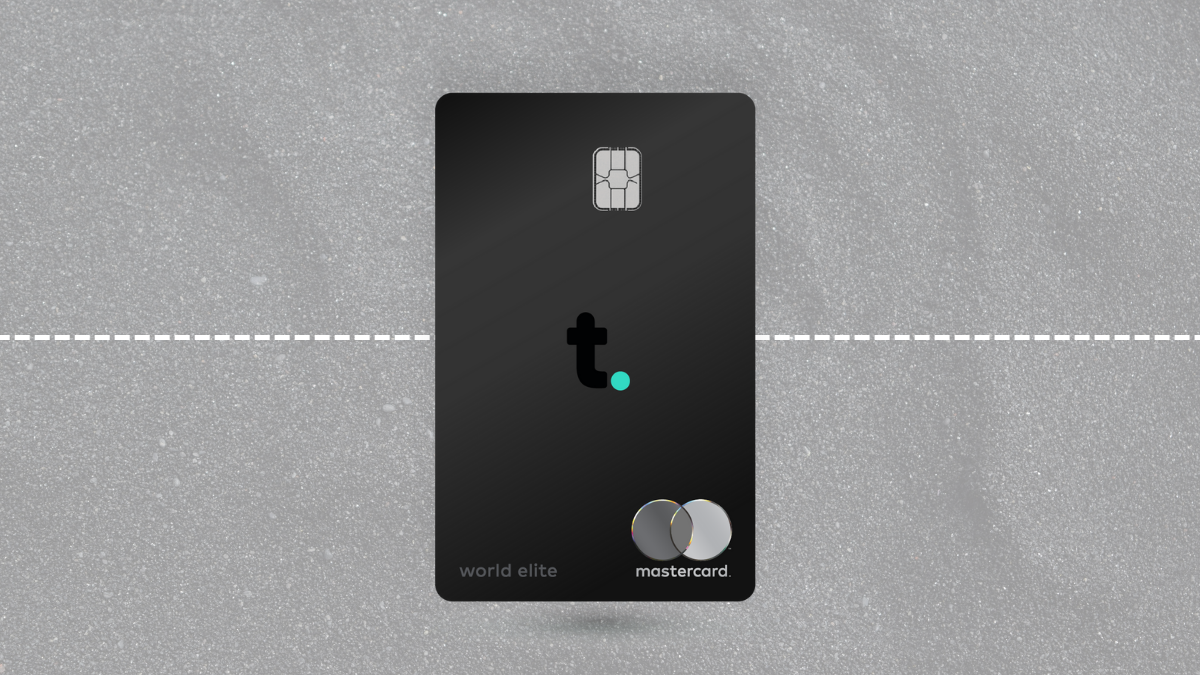Finances
How does tobacco use negatively impacts personal finances?
Tobacco can be a huge drain on your finances. Learn how it can affect everything from taxes and health insurance to long-term savings and retirement plans.
Advertisement
Tobacco affects not only your health but also your wallet.

You are thinking we will talk about how much you would save if you stopped buying cigarettes, aren’t you? Know that tobacco negatively impacts your finances more than just because of how much it costs to buy it.
The money you spend on cigarettes is not the only money you need to consider when you think about how tobacco use impacts your finances. That is only the tip of the iceberg.

Learn how to sell on eBay to increase your income
If you are looking for ways to increase your income, eBay is the land of opportunity. Have a look at our tips.
However, we can not ignore it. Buying cigarettes does have an impact on your financial life. Depending on how much you smoke, it can be quite a significant one.
Consider that if you smoke two packs a day. Do that for 1,000 days, and you will spend, on average, $21,000. What could you accomplish with that kind of money? Make a downpayment on a house maybe?
After 2 long years of the COVID-19 pandemic, people are emerging with both mental health issues and financial issues. If you are a smoker, you know times of distress often make you smoke more.
But if someone is struggling with their mental health and financial situation, adding an addiction that will cost you both money and health points is not the wisest thing to do.
With that in mind, let’s have a look at how tobacco negatively impacts your finances.
Your health and your finances

According to World Health Organization data, tobacco is responsible for the death of more than 8 million people every year.
According to the same institution, it is one of the biggest public health threats the world has ever faced. Tobacco negatively impacts both your personal finances and the government budget.
Among the health problems caused by long-term smoking we find heart disease, cancer, stroke, diabetes, emphysema, chronic bronchitis and other chronic obstructive pulmonary diseases.
Not to mention it also increases the risk of certain eye diseases, problems of the immune system such as rheumatoid arthritis, and may even cause tuberculosis.
With that information at hand, think about this. If you owned a health insurance company and had to decide on how much you would charge smokers for your insurance coverage, would you charge a higher or lower price?
Unless you are trying hard to go broke, you would obviously charge more. A smoker is 15 to 30 times more likely to get lung cancer than people who do not smoke.
So if you own a health insurance company, well, good for you. But if you don’t, and even more likely, if you do not even have health insurance coverage, smoking is going to cost you more than just the packs you buy.
You will be redirected to another website
By submitting this form, I agree that I am 18+ years old and I agree to the Privacy Policy and Terms and Conditions. I also provide my signature giving express consent to receive marketing communications via automated emails, SMS or MMS text messages and other forms of communication regarding financial products such as credit card and loans. Message frequency varies and represents our good faith effort to reach you regarding your inquiry. Message and data rates may apply. Text HELP for help or text STOP to cancel. I understand that my consent to receive communications is not a condition of purchase and I may revoke my consent at any time.
Healthcare costs for smokers
Formally known as the Patient Protection and Affordable Care Act, the Affordable Care Act (ACA) – popularly known as Obamacare – supports public health prevention efforts.
The ACA requires insurance companies to cover essential health benefits which focus on prevention. This means the main idea is to not get sick in the first place.
However, as we have already discussed, smokers are well aware that their habit brings health complications and that tobacco negatively impacts finances.
It is smokers’ choice to maintain the habit in spite of its risk, after all, it is a free country.
But since this also increases the cost of providing health insurance coverage, the ACA allows insurance companies to charge up to 50% more premiums from smokers.
And that is exactly the argument for such an increase: that smokers are more likely to develop health complications in the future, which makes them a greater risk for insurance companies.
Health insurance companies define smokers as people who use nicotine in any form. Whether smoking cigarettes, cigars, hookah, or even nicotine chewing gum.
Insurers will run medical tests in order to identify regular smokers, and with that, determine the applicable premiums to provide coverage.
It is possible to find traces of nicotine in blood, urine, saliva, and even hair.
Running below the radar

As we have previously addressed, the cost of buying cigarette packs is just the tip of the iceberg. You can think about the healthcare costs as being the second layer.
However, the very nature of the short-term gratification smokers experiences when smoking prevents them from seeing the ticking time bomb their habit represents in the long run.
Running even deeper below the radar are much less obvious costs that can add up to a financial hit over time. For example, if you own property such as a house, smoking can lower its resale value by 29%.
Another threat looming in the dark for smokers are dental bills. Smokers are 3 times more likely to lose their teeth and develop some form of gum disease.
Bear in mind the price for a dental implant. Replacing a lost tooth costs somewhere around $3,000 and $4,500. That is the price for ONE tooth.
You have 32 in your mouth, and it is likely that you will not lose just one if you develop gum disease.
Social and economic benefits of tobacco cessation
Finally, it is worth pointing out that quitting tobacco usage does not only represent a benefit on the individual level. Individually, smoking has a total lifetime cost of around $2 million per person.
Collectively, it represents more than $300 billion a year in the United States alone. This includes both medical care and lost productivity due to the loss of human capital.
Compare that number with the $7.62 billion tobacco companies have spent in advertising and promotional expenses in 2019 alone.
This serves to prove the maxim that it is easier to destroy something than it is to build it.
While so much is spent to remediate the negative impact of smoking, comparatively little is necessary to cause that impact.
This does not mean we should throw our hands in the air in despair that the world is such an evil and malevolent place.
Rather, it should get us thinking that combating addiction starts with the realization that a real problem exists.
To quit smoking is a small act of resistance. It is carried out individually and it sets an example for others to follow.
Recommendation: tips to start budgeting
Now that you know the negative impacts of tobacco in your life, you can start making better choices. And to start dealing with your finances, you’ll have to start budgeting. But how?
The following content will give you 5 excellent tips to help you with this important task.

How to get started with budgeting: 5 simple steps
Budgeting is key to staying financially healthy and planning for the future. In this article we are going to teach you how to do it.
About the author / Danilo Pereira
Trending Topics

Petal® 2 Visa® Card application
Learn how easy it is to apply for a Petal® 2 Visa® Card and start repairing your credit while having access to exclusive perks and benefits.
Keep Reading
WeFixMoney Loans application
Learn how the WeFixMoney loans application process works and connect with multiple lenders that will help you get the funding you need.
Keep Reading
Altitude® Go Visa Signature® Credit Card review
The US Bank Altitude® Go Visa Signature® Credit Card is perfect for your everyday spending needs. Check our full review to learn more!
Keep ReadingYou may also like

Tomo Credit Card review
Want a credit card that can help you build your credit history? Check out our review of the Tomo Credit Card to see how it can work for you.
Keep Reading
Super Value Titanium Card Review: Effortless Rewards!
Discover the power of savings in this Super Value Titanium Card review! Enjoy 5% cashback on fuel, phone bills, and utility payments!
Keep Reading
7 best loans for low income
If you have low income and are wondering what the best loans are for people with your profile, you have come to the right place!
Keep Reading